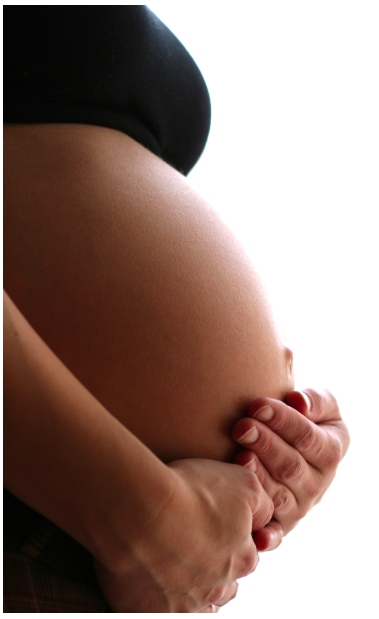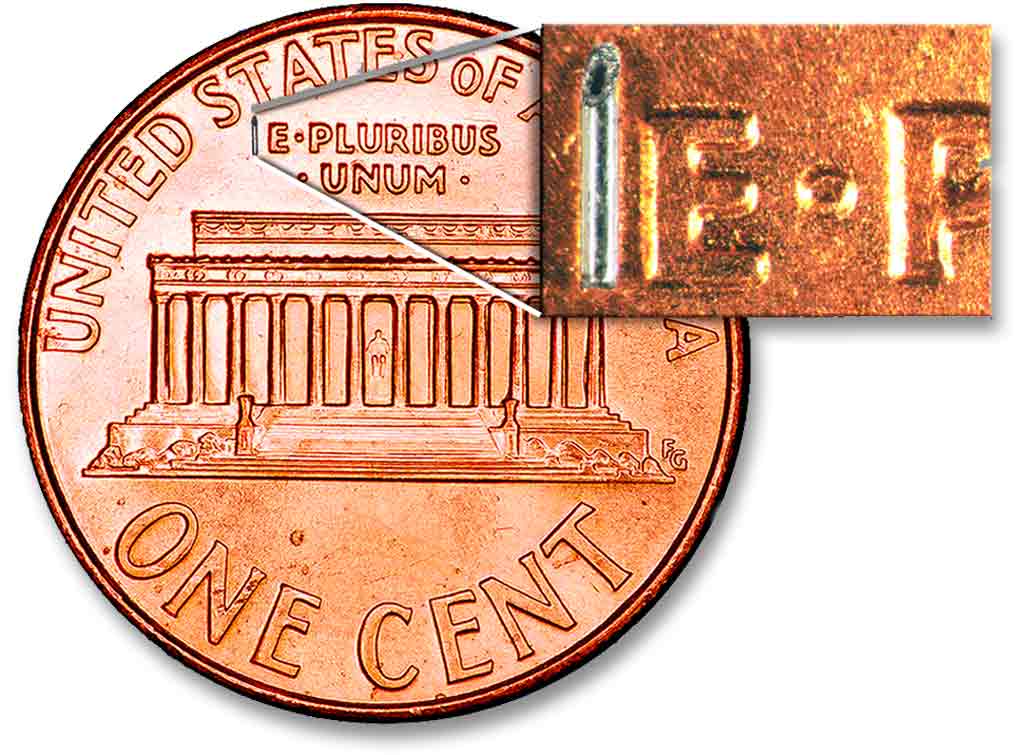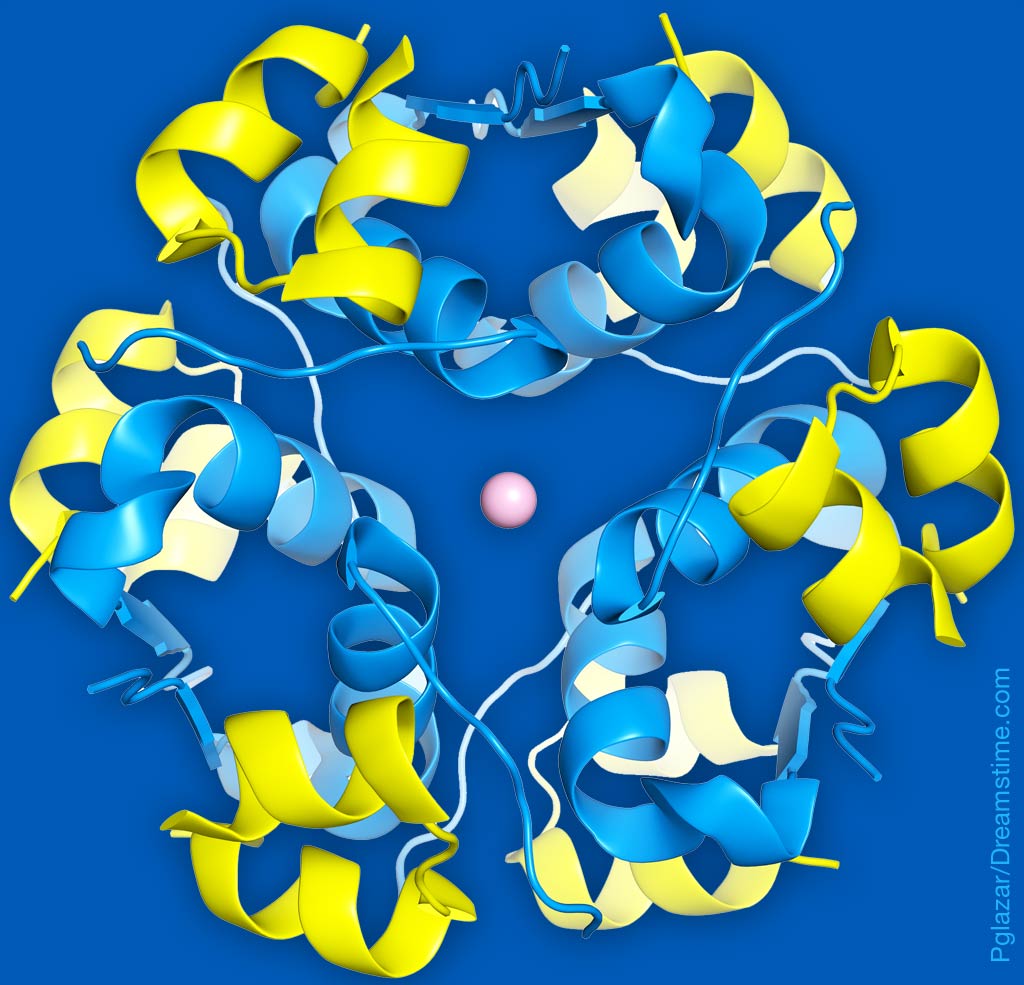Stomach Bacteria Could be Early Type 1 Detector

The presence of trillions of bacteria, viruses, and microorganisms in the stool was recorded for all the toddlers. In the four children with T1, scientists found serious fluctuation of the stomach organisms about a year prior to a Type 1 diagnosis. The change in gut bacteria was quite pronounced, akin to a rain forest being clear-cut, according to one researcher.
However, researchers cautioned against extrapolating too much from the small study. For one thing, it’s not known if the change in stomach bacteria caused the onset of Type 1 diabetes, or was the result of it. Also, it’s unclear if Type 1 onset at such a young age would show the same changes in stomach microorganisms as Type 1 onset in older children and adults.
Scientists hope that understanding the connection between Type 1 and stomach bacteria can provide earlier diagnostic testing for Type 1.







